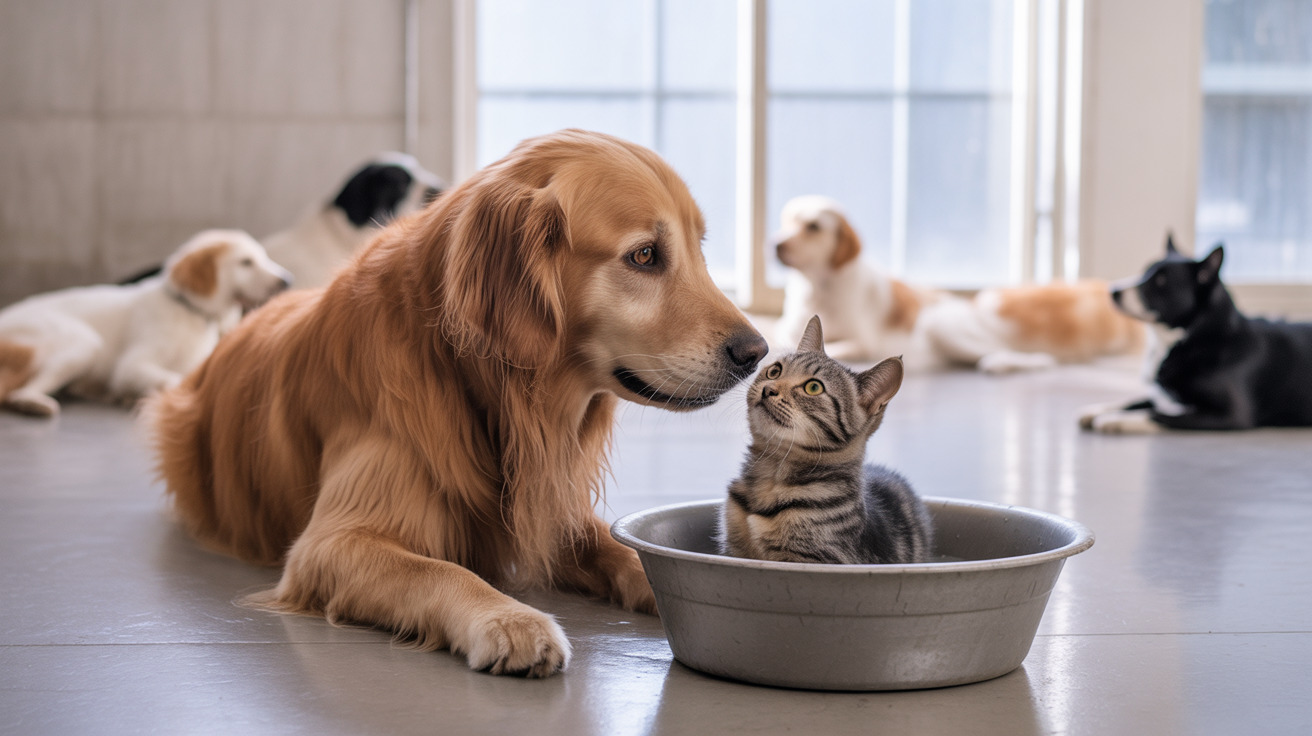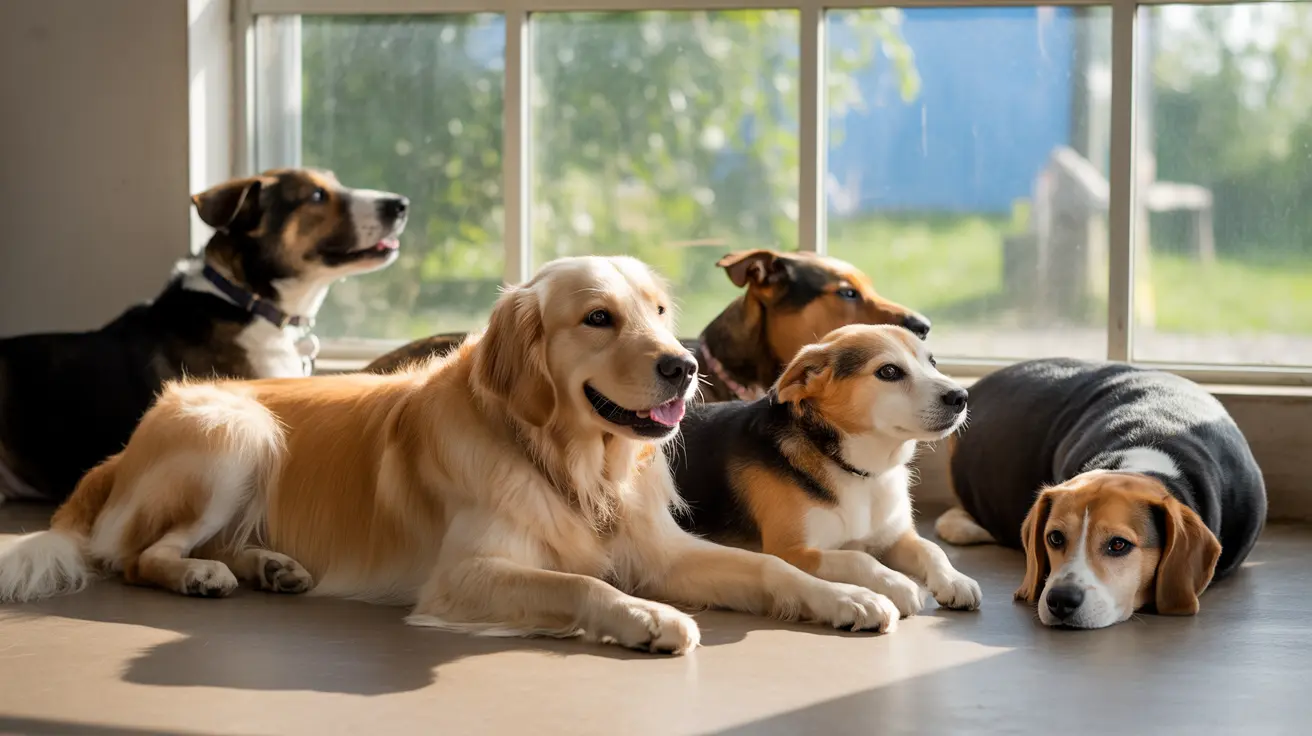How Many Hours Do Dogs Sleep?
Ever wondered why your dog seems to be napping all the time? Dogs typically spend about half of each day asleep, clocking in an average of 12 to 14 hours within a 24-hour period. But that number isn't set in stone—it shifts based on age, breed, health, and lifestyle.
Sleep Needs by Age
Puppies and senior dogs are the true champions of sleep. These age groups often snooze for 18 to 20 hours daily. For puppies, it's all about growth—rest fuels their rapidly developing brains and bodies. You'll notice young dogs darting around in energetic bursts, then crashing into deep sleep just as quickly. This cycle helps them recharge and process everything they're learning.
As dogs get older, their energy wanes. Senior pups tend to nap more than healthy adults due to aging or possible degenerative conditions like canine cognitive dysfunction (similar to dementia in humans). If your elderly dog is sleeping more than usual or showing other behavioral changes, it could signal a health issue that needs attention.
Adult Dogs and Breed Differences
Healthy adult dogs generally rest between 8 and 14 hours each day. However, breed matters—a lot. Larger breeds such as Mastiffs and Saint Bernards are notorious for their love of sleep, while working breeds or naturally energetic dogs might require less shut-eye. Your dog's daily routine also plays a role: high-activity days mean deeper or longer naps at night.
- Larger breeds/companion breeds: Tend to sleep more
- Working/high-energy breeds: Need less sleep
The Science of Dog Sleep
A dog's slumber isn't like ours. Instead of one long stretch at night, they experience several sleep-wake cycles throughout the day and night. Most dogs prefer short naps over marathon snooze sessions. As a result, they get less REM (deep) sleep compared to humans—which makes them lighter sleepers who can spring awake at a moment's notice (a handy adaptation from their wild ancestors).
- Slow-wave sleep: Physical restoration happens here.
- REM sleep: Dreaming likely occurs; essential for memory consolidation.
- Napping pattern: Frequent dozing means less deep rest overall.
What Affects a Dog's Sleep?
A variety of factors influence how much—and how well—your dog sleeps:
- Exercise: More activity during the day can lead to better nighttime rest.
- Mental stimulation: Playtime prevents boredom and supports healthy habits.
- Diets & routines: Regular feeding times and consistent schedules help establish good patterns.
- The environment: Quiet, dark, comfortable spaces encourage quality rest.
- Lifestyle changes: Moving house or family changes can temporarily disrupt sleep.
If your dog is recovering from illness or surgery—or dealing with chronic conditions like hypothyroidism, heart disease, diabetes, arthritis, anemia, or cognitive dysfunction—they may need extra rest. Pain or discomfort can also make them less active and more inclined to nap.
Trouble Sleeping?
Poor sleep quality or trouble falling asleep can stem from allergies, phobias, behavioral issues, or simply an uncomfortable bed. Some dogs develop specific sleep disorders such as narcolepsy (sudden muscle weakness), obstructive sleep apnea (especially in certain breeds), or REM behavior disorder (abnormal movements during dreams).
If you notice your dog suddenly sleeping much more—or much less—than usual, especially if it's paired with other symptoms like appetite loss or disorientation, check with your veterinarian. Persistent snoring or restless nights shouldn't be ignored either.
Tips for Better Canine Sleep
- Create a consistent daily schedule for meals and walks.
- Set up a cozy bed in a quiet area away from distractions.
- Ensure regular exercise and mental challenges through playtime and training.
- If you spot sudden changes in sleeping patterns or behavior, consult your vet promptly.
Your attention to your dog's unique needs—and any changes in their habits—goes a long way toward supporting their health and happiness. After all, well-rested pups are happy pups!





